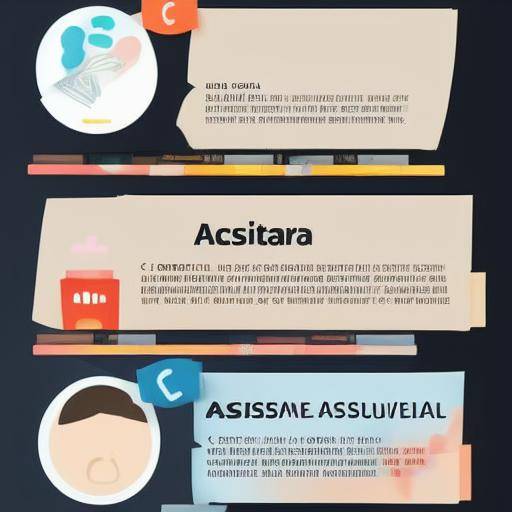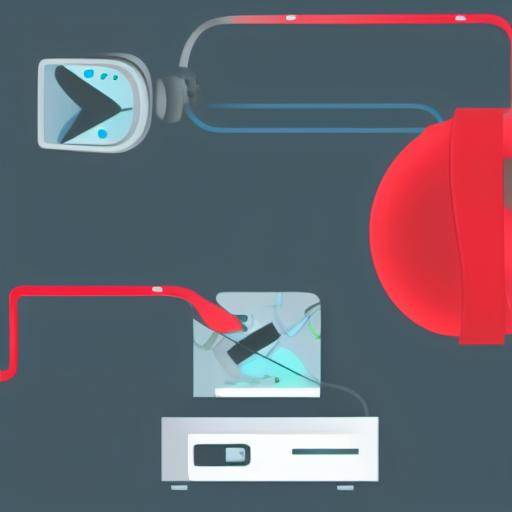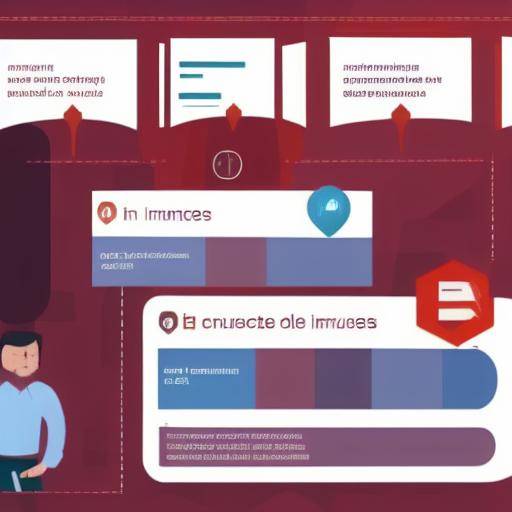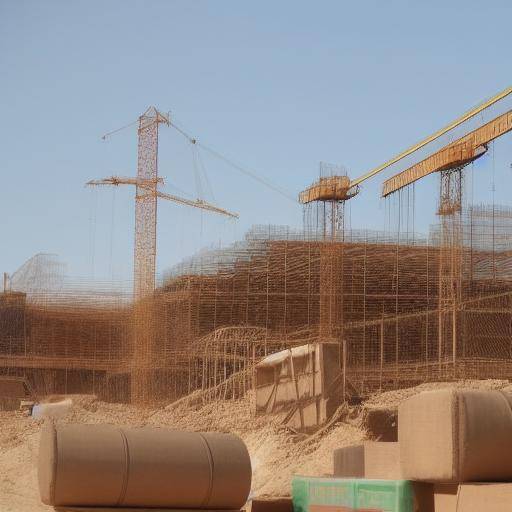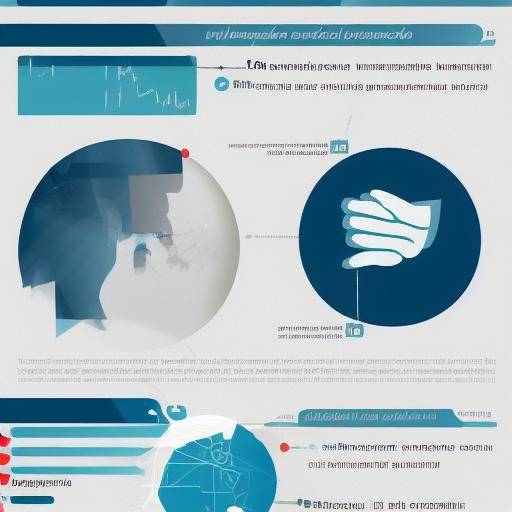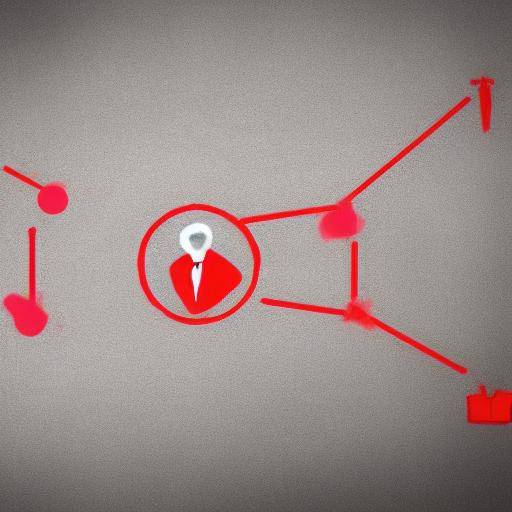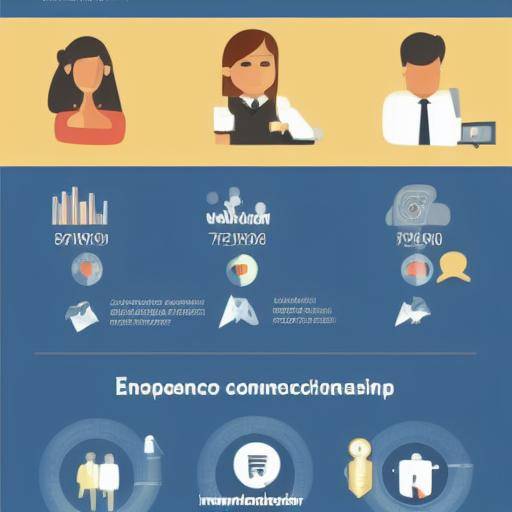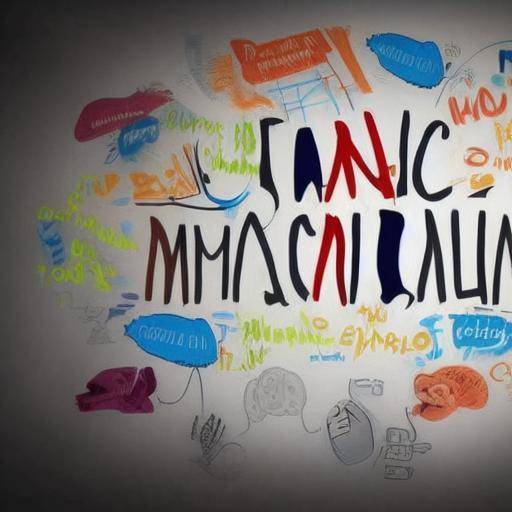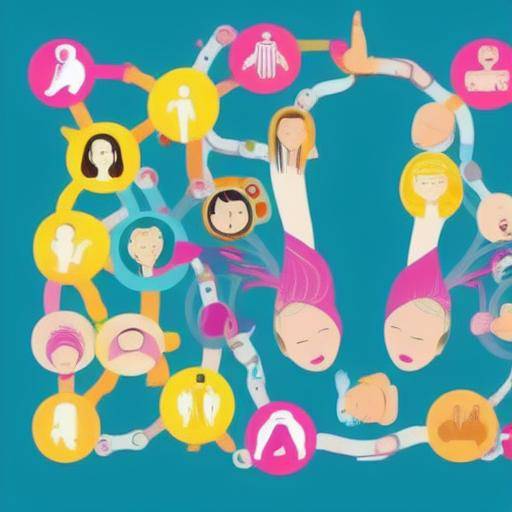
Effective communication is crucial in all aspects of life, whether in the personal or professional sphere. Often, poor communication can lead to misunderstandings, conflicts and wear in interpersonal relationships. However, combining communication with mental flexibility can strengthen communication skills and significantly improve interactions with others. In this article, we will explore how mental flexibility can enhance communication and enrich interpersonal relationships, providing practical advice and expert perspectives for application.
Introduction
Communication is a fundamental pillar in everyday life. Whether in the workplace, in the family context or in interpersonal relationships, the ability to effectively convey ideas, opinions and emotions is essential. However, communication is not only about speaking, but also about listening and understanding the perspectives of others. This is where mental flexibility comes into play, the ability to adapt to various situations, perspectives and emotions. By uniting communication with mental flexibility, barriers, resolving conflicts and strengthening links with others can be overcome.
History and Background
To understand how mental flexibility can enhance communication, it is important to explore the origins of both areas. Communication has been a topic of interest throughout history, with different philosophical trends, technological advances and sociocultural changes that have influenced their development. From the first records of human communication to contemporary theories on persuasion and non-verbal language, communication has evolved significantly over the centuries.
On the other hand, mental flexibility, although closely linked to psychology and neuroscience, has been a more recent concept in terms of its understanding and practical application. With the emergence of cognitive psychology and neuroscience, it has deepened in the understanding of cerebral plasticity, emotional resilience and cognitive adaptability, all fundamental aspects of mental flexibility.
Analysis in Deep
The integration of mental flexibility in communication brings many benefits both individually and collectively. From an individual perspective, mental flexibility allows people to adapt to unexpected situations, face resilience challenges and understand different views with empathy. In the context of communication, mental flexibility is translated into active listening, the ability to interpret the underlying emotions in a message and adaptability to modify the communicative approach according to the receiver.
However, despite the obvious benefits, the implementation of mental flexibility in communication also presents challenges. The resistance to change, cognitive rigidity and the difficulty of abandoning rooted thought patterns are common obstacles that can hinder the effective application of mental flexibility in communication.
Exhaustive examination
The practical application of mental flexibility in communication can be carried out through various strategies and approaches. In the context of work, for example, active listening techniques, constructive feedback and empathy can improve the working climate, foster collaboration and reduce interpersonal conflict. Similarly, in the personal sphere, effective communication based on mental flexibility can strengthen family relationships, reduce emotional tension and promote an atmosphere of openness and mutual understanding.
To effectively implement mental flexibility in communication, it is essential to cultivate emotional awareness, emotional regulation capacity and willingness to adopt different perspectives. This requires an active process of self-reflection, self-discovery and constant practice, but long-term benefits in interpersonal relationships and emotional well-being are significant.
Conclusions and FAQIn this article, we have explored how mental flexibility can enhance communication and enrich interpersonal relationships. By combining the ability to adapt to various situations with effective communication, the quality of our interactions with others can be significantly improved. Practical applications of mental flexibility in communication are comprehensive and project benefits at both personal and professional levels.
Here are some common questions about communication, mental flexibility and interpersonal relationships:
Frequently asked questions
1. How can I develop mental flexibility to improve my communication?
Developing mental flexibility involves practicing openness to different points of view, regulating emotions and being willing to adapt to changing situations. The practice of meditation, mindfulness and exposure to new experiences can foster mental flexibility.
2. What is the importance of active listening in communication?
Active listening involves giving full attention to the talking person, trying to understand their perspective and providing meaningful feedback. This approach strengthens empathy and understanding in interactions, thus improving the quality of communication.
3. How does mental flexibility influence the resolution of interpersonal conflicts?
Mental flexibility allows people to consider different solutions, understand the emotions and perspectives of others, and find constructive commitments during conflicts. This ability is crucial to effectively and constructively address disagreements.
4. What is the role of emotional intelligence in communication and mental flexibility?
Emotional intelligence, which includes emotional awareness, emotional management, empathy and ability to manage relationships, is essential to employ mental flexibility in communication. Strengthening emotional intelligence strengthens communication skills and ability to adapt to different situations.
5. What are some strategies to promote effective communication in working environments?
Creating an opening environment, promoting constructive feedback, encouraging active participation and cultivating empathy are some key strategies to foster effective communication in working environments. Integrating mental flexibility into these strategies can promote a stronger organizational culture.
6. How does mental flexibility influence the resolution of intercultural conflicts?
Mental flexibility is particularly relevant in intercultural environments, where differences in values, social norms and beliefs can lead to misunderstandings and conflicts. By practicing mental flexibility, cultural differences can be better understood and respected, which promotes more effective communication.
In short, the combination of effective communication and mental flexibility can transform daily interactions, strengthen interpersonal relationships and promote an environment of mutual understanding and empathy. By adopting practices that foster mental flexibility in communication, we can build stronger and more satisfactory relationships in all aspects of our lives.








